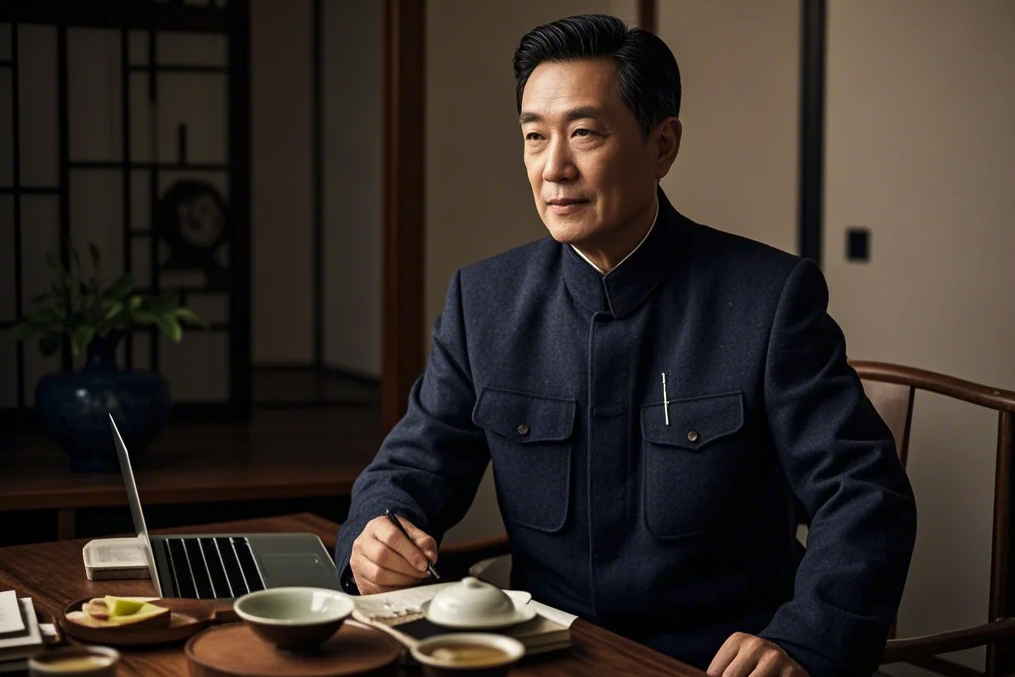
In a world where luxury and rampant consumerism often define success, the concept of frugality might seem out of place. Yet, among Chinese billionaires, wealth accumulation does not always equate to a lavish lifestyle. Instead, many of these wealthy individuals adopt a surprisingly austere approach to money management. This blog delves into the intricate relationship between frugality and financial success in contemporary China, revealing the strategies employed by the affluent to build and maintain their fortunes.
The Cultural Roots of Frugality
China’s longstanding cultural heritage places significant emphasis on frugality—values that can be traced back to Confucianism. This philosophy promotes virtues such as thriftiness, self-restraint, and diligence. In a society that prides itself on hard work and perseverance, many affluent individuals attribute their success to a mindset of smart spending rather than rampant indulgence. As a result, the belief that one can be frugal and yet attain great wealth resonates deeply within the Chinese ethos.
The Billionaire’s Spending Strategy
Contrary to common perceptions of extravagant lifestyles, many wealthy Chinese engage in deliberate spending strategies that emphasize value over consumption. This includes underrated choices, such as driving well-maintained older cars instead of the latest luxury models, or opting for humble accommodations rather than ostentatious mansions. By prioritizing practicality, they often find themselves with more financial resources to invest in their businesses and opportunities that can yield higher returns.
Investment Over Consumption
What sets apart the financially adept elites in China is their focus on investments rather than consumption. Many of these billionaires view their wealth as a tool for generating even more wealth, carefully allocating resources into startups, stocks, and real estate ventures. By reinvesting profits into high-yield opportunities rather than indulgent luxuries, they cultivate an ever-growing nest egg that secures their future.
The Distinction Between Needs and Wants
A vital tenet of frugality is recognizing the difference between needs and wants. The wealthy individuals who employ this principle analyze their expenses meticulously, ensuring that only essential needs take precedence. This nuanced perspective helps in trimming unnecessary costs, thus amplifying their savings. Such a disciplined approach to spending allows for greater flexibility in financial decision-making and a proactive strategy toward wealth accumulation.
Learning from Frugality for Financial Growth
You don’t have to be a billionaire to adopt these practices. Frugality can benefit anyone, regardless of their financial status. By re-evaluating their spending habits, practicing mindful consumption, and prioritizing investments, individuals can take significant steps toward financial independence. Start small—create a budget, identify areas to save, and channel those savings into investments that can foster growth.
Conclusion
A Wealth of Wisdom in Frugality
The lifestyles of China’s wealthy may differ from those depicted in media portrayals of opulence, but their underlying principles reveal profound wisdom. While society often glorifies excess and immediate gratification, these billionaires illustrate that frugality can coexist with wealth—acting as a powerful catalyst for financial growth. By adopting a frugal mindset, cultivating a keen understanding of investment opportunities, and practicing disciplined spending, anyone can work toward achieving a financially rich life that thrives not just on accumulation, but on meaningful and intentional management of resources.
If only we can interview the real wealth people this post may better. What we can say, we only have limited resource so we write base on internet observation etc. However, hope this post still give you insight. Please also read our other blog about frugality lifestyle here: Embrace the Frugal Life: Simple Practices for a Richer Existence
Thank you 🙂

Leave a Reply